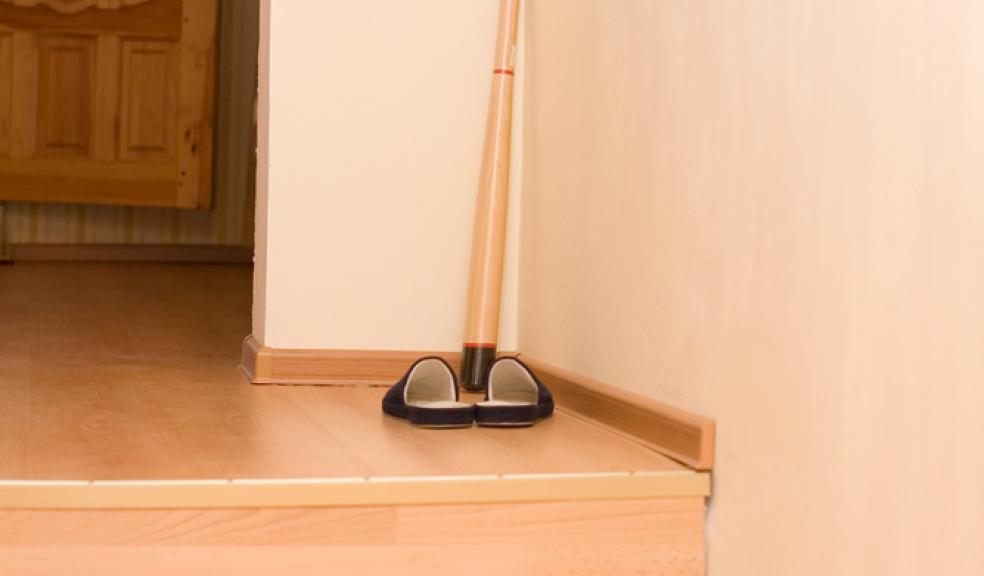
Nearly half of Brits keep household items that could be used as weapons
New research from Confused.com reveals that nearly half of Brits (49%) keep a household item as weapon to defend themselves from burglars – as pots and pans take on a whole different purpose.
The findings from the leading insurance price comparison site reveal that of those who admit to owning some form of weapon, two-thirds (66%) are not afraid to use it in self-defence against an intruder in the event of a break-in.
And the most popular household item to double-up as a weapon? A baseball or cricket bat (16%), closely followed by a heavy tool of some sort (12%). However, some people will arm themselves with less obvious weapons, including pots and pans (10%) or a torch (7%). Men are more likely than women to arm themselves against an intruder (54% v 45%), with women opting instead for a dog (18%) to scare off trespassers.
Many UK householders are taking additional security measures to ensure they are never faced with the prospect of an intruder. Nearly half of Brits have fitted extra door locks (47%) to keep burglars out, a third have installed a burglar alarm (31%) and a fifth (20%) have introduced self-timed lights to deter thieves.
However this fear of intruders seems to be backed up by the research, which shows that three in 10 people in the UK (30%) have been a victim of burglary, with 39% of people being in the house when the break-in occurred.
The contentious topic of people defending their properties against burglars is sparking much debate, with the government now also commenting on the issue. Householders who react with force when confronted by burglars are to get more legal protection, according to comments made by Justice Secretary Chris Grayling last year*. "Grossly disproportionate" force will still be against the law in England and Wales, but the bar will be higher than the current "proportionate" force test. But the question remains as to what proportional force is and how the courts make judgements on a reaction to someone breaking into your home.
According to data from Confused.com, claims for thefts from the home are slightly higher during the summer months (Jun-Aug) than during the winter (Dec- Feb)**. This could be down to the fact that more homes are left unoccupied over the summer as people enjoy their holidays - nearly a quarter of victims (23%) were on holiday when their home was broken into
Summer burglaries could also be attributed to a more relaxed attitude adopted by people over the summer months, as people socialise in their gardens and enjoy the summer sunshine. According to the research, more than a quarter of burglaries (27%) occur as a result of the intruder entering through an open door or window.
It seems this blasé attitude to home security is being adopted by too many people, with one in five Brits (20%) admitting that they don’t have any security measures in place to deter burglars. Worryingly, a fifth of burglary victims (22%) did not have home insurance in place when the break-in occurred either.
Gareth Lane, Head of Home Insurance at Confused.com comments:
"Our research shows the extremes that some householders would go to in order to protect their property from intruders. However, while it's natural for many to look out for their family and their belongings, we do not recommend anyone resorts to violence as you could be putting yourself and others at risk.
"It is far better to ensure that you have the maximum amount of home security that you can. Carrying out simple security measures, such as keeping doors and windows locked, can help ensure householders and their possessions are kept safe. It is also important to make sure you have adequate home insurance in place, so that your valuables are protected should the worst happen."













